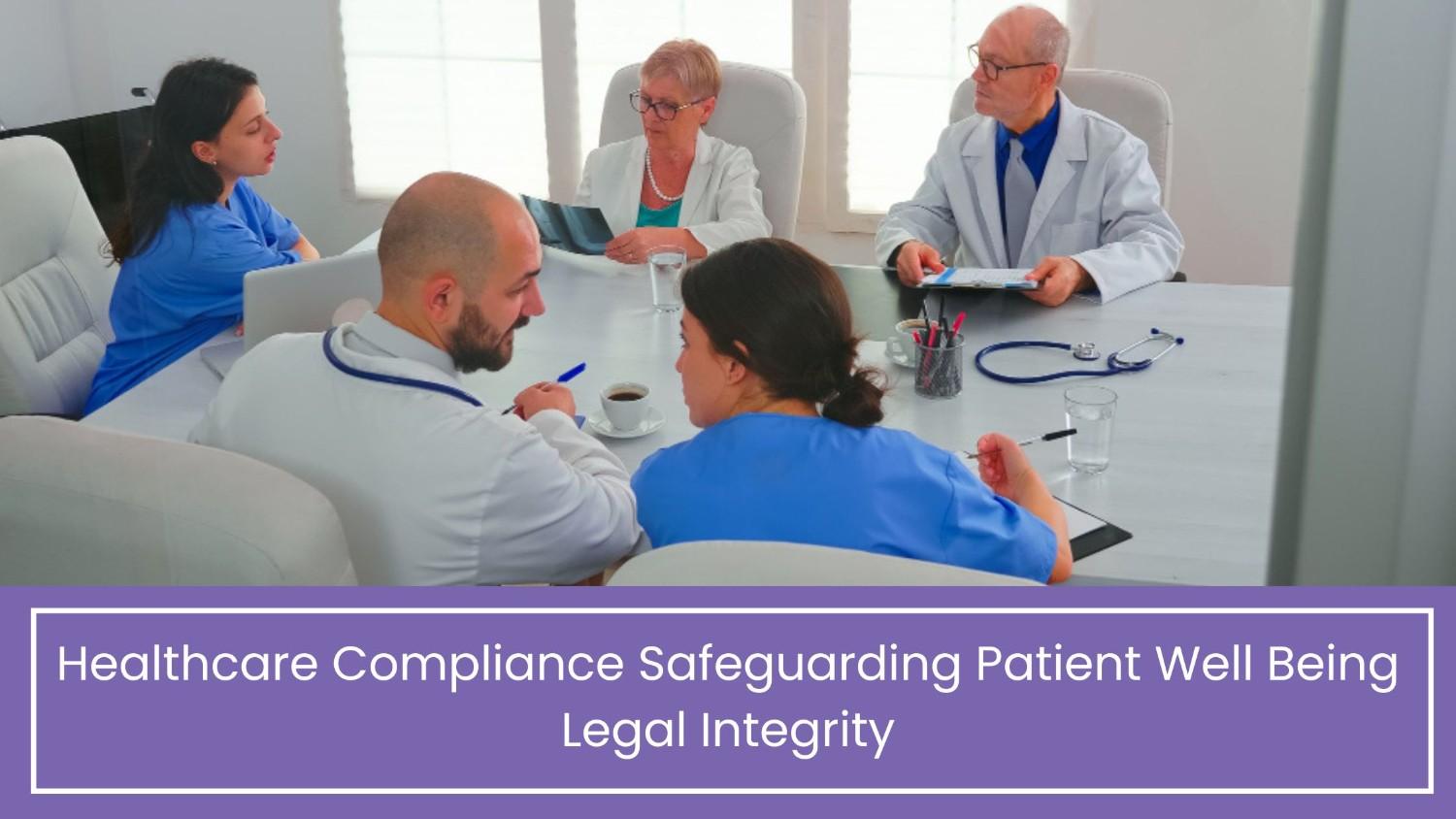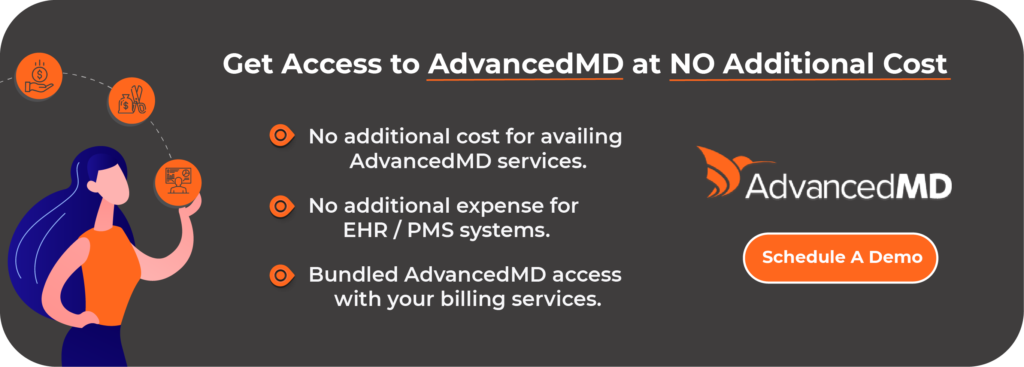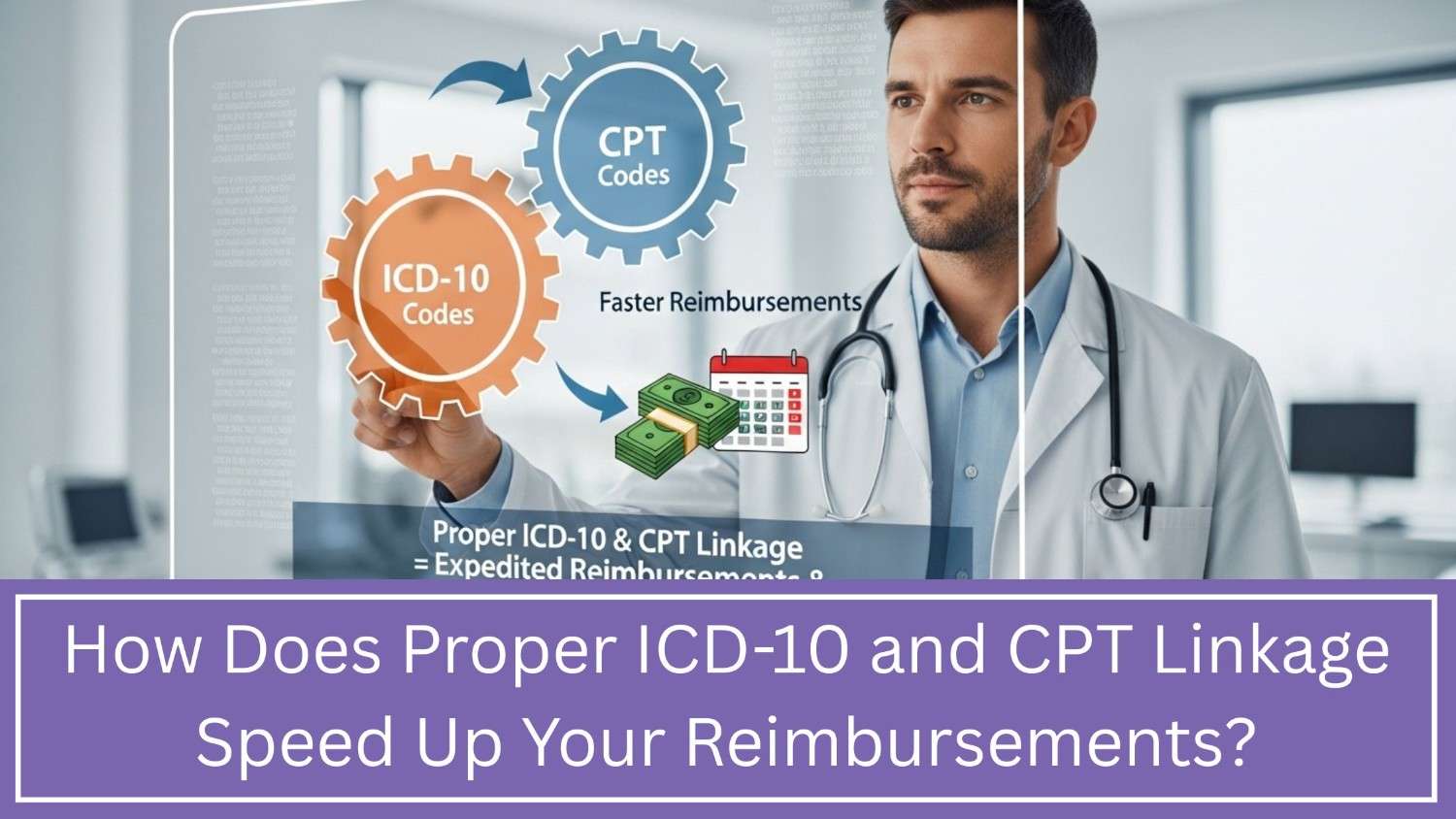Healthcare Compliance Safeguarding Patient Well Being Legal Integrity
Healthcare compliance safeguarding patient well being legal integrity. Organizations must adhere to stringent regulations to protect patient privacy, safety, and overall care standards. Compliance audit services as essential tools in verifying adherence to these regulations. This piece delves into the concept of healthcare compliance audits and provides an in-depth examination of the entire audit process.
Table of Contents
What exactly defines a Healthcare Compliance Audit?
A healthcare compliance audit entails a comprehensive evaluation of a healthcare facility’s operational processes, policies, and protocols. Its primary purpose is to assess the facility’s adherence to healthcare laws, regulations, and industry standards, ensuring it not only meets but exceeds the required criteria for delivering excellent patient care and complying with regulations.
These audits are primarily aimed at identifying areas of non-compliance, assessing the effectiveness of the organization’s compliance program, and recommending corrective actions when necessary. Compliance audits play a crucial role in maintaining the quality of patient care, protecting patient information, and preventing fraudulent activities and misuse within the healthcare system.
The Importance of Healthcare Compliance
Compliance with healthcare rules is crucial for several compelling reasons:
– Patient Safety: These rules are designed to protect patients. By following them, healthcare facilities ensure that they deliver safe and effective treatments, reducing potential medical mistakes and harm to patients.
– Legal and Financial Ramifications: Ignoring these regulations can lead to hefty financial and legal repercussions. Institutions that neglect to follow rules might incur fines, and penalties, or even face criminal charges in severe instances.
– Trust and Reputation: The credibility of a healthcare institution rests on trustworthiness. Non-compliance can damage the institution’s image and weaken the faith patients have in them.
– Continuous Improvement: Audits highlight areas in processes, policies, and procedures that can be refined. This ongoing enhancement is beneficial for both patients and healthcare staff.
– Accurate Billing: One of the objectives of compliance audits is to check the correctness of billing procedures in healthcare facilities, which helps in mitigating fraud and exploitation risks.
Having understood the value of healthcare compliance, we can now delve into the audit procedure.
The Healthcare Compliance Audit Procedure
The Healthcare Compliance Audit Process involves a series of critical stages, each with a distinct role in evaluating an organization’s adherence to regulatory standards and the delivery of high-quality healthcare services. Together, these key steps ensure both legal compliance and the provision of excellent healthcare.
- Audit Planning
The audit process begins with meticulous planning. The audit team defines the audit scope, identifies specific regulations to assess, and sets audit objectives, establishing clear expectations for the audit’s goals.
- Risk Assessment
Conducting a risk assessment helps the audit team prioritize areas of focus. By identifying high-risk areas, resources can be allocated effectively, giving more attention to areas with a higher likelihood of non-compliance or greater potential impact.
- Evidence Collection
The audit team gathers evidence to assess compliance. This may include documents, records, policies, and interviews with staff. Comprehensive and accurate evidence is essential for making informed judgments about compliance.
- Policy and Procedure Review
The audit team reviews the healthcare organization’s policies and procedures to ensure alignment with regulatory requirements. Discrepancies or gaps are noted for further review and action.
- On-Site Inspections
Depending on the audit’s scope, on-site inspections may be necessary. These inspections involve physically visiting the healthcare facility to observe practices, assess compliance, and gather evidence.
- Data Analysis
Data analysis, especially in areas like billing and coding, plays a crucial role in healthcare compliance audits. It helps identify irregularities and discrepancies that may signal non-compliance.
- Interviews and Feedback
The auditing team conducts interviews with employees to understand their knowledge of compliance requirements and address any concerns or questions they may have.
- Reporting and Documentation
After the assessment, the audit team compiles findings into a comprehensive report. This report outlines areas of compliance and non-compliance, provides recommendations for improvement, and includes supporting evidence.
- Corrective Actions
Upon receiving the audit report, the healthcare organization takes corrective actions to address identified non-compliance issues. These actions may involve policy revisions, staff training, or process improvements.
- Follow-up and Monitoring
The audit process extends beyond the initial evaluation. Follow-up and monitoring are crucial to ensure that corrective measures are implemented and that the organization maintains compliance over time. Regular follow-up audits may be conducted.
- Documentation and Record-Keeping
Maintaining detailed documentation is a crucial aspect of the audit process. All records related to the audit, including the initial audit report, corrective actions taken, and follow-up assessments, should be carefully maintained for reference and compliance verification.
Healthcare compliance audits are essential for ensuring top-notch patient care, regulatory adherence, and preventing legal and financial repercussions. These audits proceed methodically, encompassing planning, risk evaluation, collecting evidence, reporting, and implementing corrective measures. It’s vital for healthcare entities to focus on compliance and invest in resources to consistently meet regulatory standards. This not only fortifies trust but also uplifts patient care and safeguards their reputation in a highly regulated healthcare environment.
To sum up, healthcare compliance audits are key to ensuring healthcare institutions remain compliant and deliver exemplary care. This audit journey includes strategic planning, assessing risks, accumulating evidence, and comprehensive reporting. It’s instrumental in safeguarding patient well-being, ensuring legal and financial solidity, and preserving the esteem of healthcare bodies. Continuous compliance, periodic re-audits, and detailed documentation are essential to showcase regulatory conformance. Beyond just a legal mandate, healthcare compliance audits are central to guaranteeing the best care for patients.
At Practolytics, we recognize the paramount importance of healthcare compliance. It’s not solely about rule-following; it’s about delivering optimal care while abiding by the law. Our Healthcare Compliance Audit Services are meticulously crafted to assist your healthcare facility in maneuvering the intricate realm of regulations and standards. We collaborate closely with you to guarantee that your operations harmonize with all essential guidelines, thereby enhancing the safety and efficiency of your practice.
With Practolytics as your partner, you can trust in your compliance. We provide comprehensive audits and expert guidance to keep you well-informed. Don’t allow compliance worries to hinder your progress; Choose Practolytics to seamlessly navigate the intricacies of healthcare regulations.
Ensure Compliance with Our Healthcare Audit Services!
ALSO READ – Practolytics: Revolutionizing Healthcare Finances in 2024 with EHR Integration
Talk to Medical Billing Expert Today — Get a Free Demo Now!






